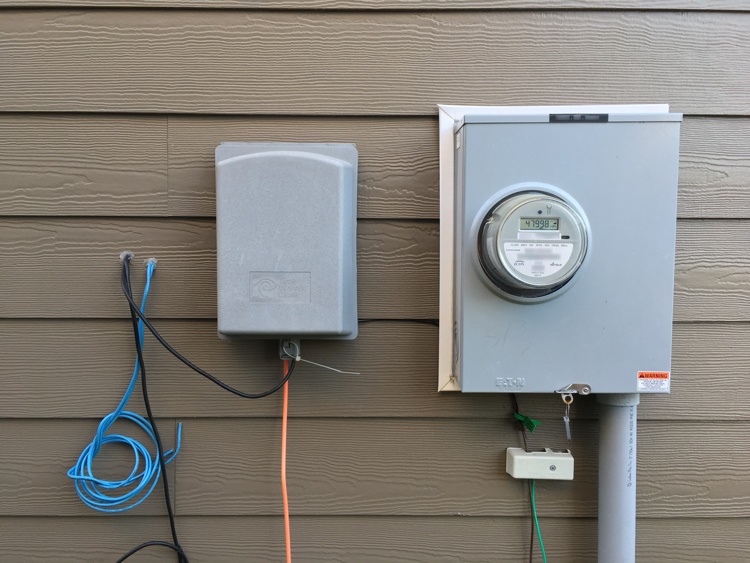If you have not heard the news, Google Fiber is no longer expanding its installation in the 10 markets they service and the head of Google Access (the Google Fiber overlord company), Craig Barratt, is stepping down.
Also in the news, was a little-publicized statement from AT&T’s chief executive, Randall Stephenson, where he said, “I will be sorely disappointed if we are not going head-to-head” with cable companies by 2021.
As an aside, AT&T’s plan to compete with cable providers is already feasible. AT&T is already testing its 5G network and expects a full 5G deployment by 2020-2021. A 5G network will be more than capable of providing TV over internet. AT&T’s acquisition of DirecTV and their upcoming 5G network means they have the ability to go head-to-head with cable companies in a big way. They only need Time Warner to compete with Comcast because Comcast owns content creators; AT&T does not.
In 2015, Verizon halted its FiOS expansion with the idea of focusing on wireless capabilities. It was a money loser for Verizon because building physical infrastructure is not easy nor cheap.
Needless to say, there is a lot of movement around how consumers will be gaining access to the internet. These most recent moves point to a future where your internet connection is not a physical connection at all. Within five years it seems wireless high-speed internet connectivity will be a new normal as opposed to buried in dirt internet connections.
But, what does that mean for you the consumer? Chances are the 5G network providers will be your internet provider in the future. Who owns those frequency bands? There is an FCC tool to help you determine who owns rights to frequencies but more than likely it is one of these companies:
- AT&T
- Clearwire (owned by Sprint)
- Echostar (Dish Network)
- King Street Wireless, L.P.
- Leap
- SpectrumCoAWS (Verizon)
- Sprint Nextel
- T-Mobile
- US Cellular
- Verizon Wireless
Notice who is missing? Google, Apple, Facebook. These companies didn’t get in on the bidding for spectrum a few years ago (nothing is preventing them from purchasing spectrum now). Why should this concern consumers? These are the same companies that are selling you buckets of data currently. 10 GB of data from these companies currently costs a pretty penny compared to the usually unlimited amount of data that can be consumed over terrestrial internet service providers currently.
Could you imagine trying to manage your data buckets when everything in your home is connected to your wireless plan? I guarantee your smart TV and Nest camera are going to annihilate your wireless plan if AT&T, Verizon, Sprint, etc. are allowed to carry their current business models into the future.
Laying fiber is expensive and often times legally cumbersome compared to broadcasting wirelessly. But, the perception seems to fly in the face of the reality in the sense that the market should pay more for wireless than landline internet service.
